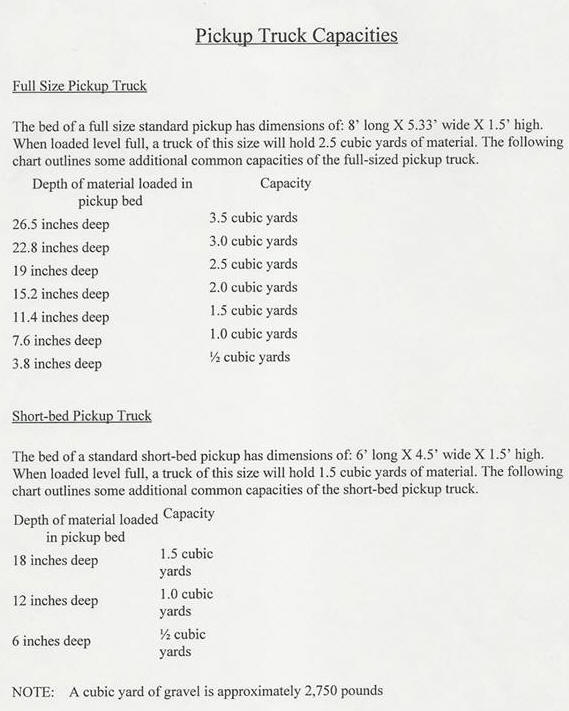Do You Have A Construction Project We Can Help With?
MAIN OFFICE – STRATTANVILLE
17592 Route 322
Strattanville, PA 16258814.764.3455
814.764.5772
QUARRY OFFICE – SALTSBURG
1032 Coleman Road
Saltsburg, PA 15681724.726.5499
Located in Young Township, Indiana County, near the villages of Iselin and West Lebanon at the intersection of Coleman Road and Elders Ridge Road. The quarry is easily accessible from SR 286, SR 156 and SR 56.

Ridge Limestone, Inc., owned by Neiswonger Construction, Inc. is located in Saltsburg, PA is a aggregate company that specializes in producing a variety of sized limestone for roads, driveways and contractors throughout Western Pennsylvania.
We have been involved in the mining industry for over 40 years. We are the closest limestone quarry to Pittsburgh PA, and are within 40 miles to the downtown area. We are priced competitively, and welcome the opportunity to bid on large projects.
Ridge Limestone, Inc., headquartered in Saltsburg, PA is an aggregate company that specializes in in producing a variety of sized limestone for roads, driveways and contractors throughout Western Pennsylvania. We have been involved in the mining industry for over 40 years.
We are located in Young Township, Indiana County, near the villages of Iselin and West Lebanon at the intersection of Coleman Road and Elders Ridge Road. The quarry is easily accessible from SR 286, SR 156 and SR 56. (Location)
We provide stone to a wide variety of industries such as:
- Natural Gas industry
- Excavating Companies – Big and Small
- Gas Pipeline Contractors
- Water and Sewer Line Contractors
- Bridge Contractors
- Home Builders
We continue to grow each year, and the addition of a larger plant to our quarry portfolio will allow us provide our customers with an even larger selection and inventory of affordable quality aggregate products.
We realize as a construction materials producer that our earth’s resources are both limited, and a gift that was provided to us to be used wisely.
Our limestone has a bluish tint. When the stone is crushed, it has rough edges and surfaces that create friction when a vehicle is driven over it, making it one of the ideal materials for driveways. In addition, crushed stone driveways are natural and rustic in appearance, and come at a reasonable cost.
Limestone is a rock composed of calcium carbonate (CaC03). It is the rock type most commonly used to make crushed stone in the United States. It holds this position because it is widely available and suitable for a greater diversity of uses than any other type of rock. Limestone can be used to make cement. It is the primary ingredient of concrete. It is used as a base material for highways, rural roads, buildings, and railroad construction.
All pricing is per ton. Delivery is an additional cost. Contract pricing (PAC# required) is available. Subject to PA Sales tax, unless tax exempt (Sales Tax Exempt form must be on file).
The knowledgeable staff at our quarry is pleased to assist you. If you have any questions regarding products, directions, delivery, or any other general inquiries please contact the scale house. 724-726-5499.
We offer delivery – often on the same day. Call for pricing and details.
We are located in Young Township, Indiana County, near the villages of Iselin and West Lebanon at the intersection of Coleman Road and Elders Ridge Road. The quarry is easily accessible from SR 286, SR 156 and SR 56.
Frequently asked questions:
What is the difference between Limestone and Sandstone?
Choosing the best crushed stone for driveways can be difficult if you aren’t familiar with the pros and cons of each type, so doing research is crucial.
The Layers of a Crushed Stone Driveway
Before looking at the types and sizes of crushed stone, it is important to be able to visualize what a driveway made of this material consists of:
A driveway bed of 6 to 12 inches deep, the base of which has been compacted.
Three layers of crushed stone, each about 4 inches thick.
The first and bottom layer will consist of the biggest size stone, the next will be smaller, and the last will be a combination of stone and coarse dust.
Types of Crushed Stone
Crushed stone is typically produced from limestone or sandstone. Large pieces of rock are run through a crusher, one or more times, and graded by mesh screens into different sizes.
Fine stone, fines or screenings, which are the consistency of coarse powder, are also yielded during this process. Crushed stone comes in a large variety of sizes and colors.
Our limestone has a bluish tint. When the stone is crushed, it has rough edges and surfaces that create friction when a vehicle is driven over it, making it one of the ideal materials for driveways. In addition, crushed stone driveways are natural and rustic in appearance, and come at a reasonable cost.
Limestone is a rock composed of calcium carbonate (CaC03). It is the rock type most commonly used to make crushed stone in the United States. It holds this position because it is widely available and suitable for a greater diversity of uses than any other type of rock. Limestone can be used to make cement. It is the primary ingredient of concrete. It is used as a base material for highways, rural roads, buildings, and railroad construction.
Thanks to its abundance, durability and the ease with which it can be extracted and cut, limestone has long served as an important building material. The Great Pyramid of Giza in Egypt, for example, was constructed entirely from limestone. It was also highly popular in the late 19th and 20th centuries, used on a range of buildings and monuments across Europe and the US. Limestone is also used to build roads, in the manufacturing of cement and to extract iron from its ore.
Read more : http://www.ehow.com/info_7880098_difference-between-granite-limestone.html
Sandstone and quartzite are composed primarily of quartz, a very durable mineral, but each has its drawbacks in the construction industry that limits its use.
Sandstone is generally composed of sand grains cemented together by calcite, clay, or silicate minerals that have precipitated between the sand grains. The cement usually does not completely fill all of the voids between the sand grains, leaving a porosity that typically ranges between 5 and 30%. This pore space allows the rock to absorb water. That water will expand in volume by up to 9% every time it freezes. Over the course of many freeze-thaw cycles, the forces of this expansion has the ability to dislodge grains and break the rock. This is why sandstone is not popular for long-term use in areas where freezing temperatures occur.
Sizes of Crushed Stone
There are many sizes of crushed stone available, usually from 1/4 inch up to 2 1/2 inch. In between, you get 3/8 inch, 5/8 inch, 3/4 inch; these sizes are all suitable for driveway construction. Fines are the smallest size, sometimes referred to as dust.
The most common sizes used in driveway construction are #2 and #3. The #2 is about 3/4 inch to 1 inch, and #3 is about 2 1/2 inches in diameter. Any of these sizes of crushed stone may come with or without fines. Stone without fines is ideal for lower levels of driveways as it lets the rainwater run freely through it and it creates a firm base.
Modified stone is a mixture of stone and fines. Stone that falls into a modified specification is sometimes used for the top layer of a crushed stone driveway as it creates a stable layer that does not easily shift about.
How do I get put on the list of trucks available to make deliveries to customers?
If you are interested in providing trucking services please contact our office for details.
How do I determine how much stone I need and what it will cost?
Use the calculation tool to help you decide how much stone you need, or contact our knowledgeable staff who will be happy to guide you. Prices are calculated based on the type of stone, whether or not the stone is picked up or delivered, if stone is to be spread or tailgated by our truck, or simply dumped into a pile. Special orders are possible, as well as discount pricing for large quantities.
Do you deliver?
We will be happy to arrange delivery for you. We have a number of different sizes and types of trucks, ranging from 5 ton to 25 ton capacity.
Some trucks have spreaders for driveway application, some tailgate, and some are dump trailers. Price varies depending on the distance traveled and the application of the stone required.
How much stone does a pickup truck hold?
This is dependent on the type of truck.


